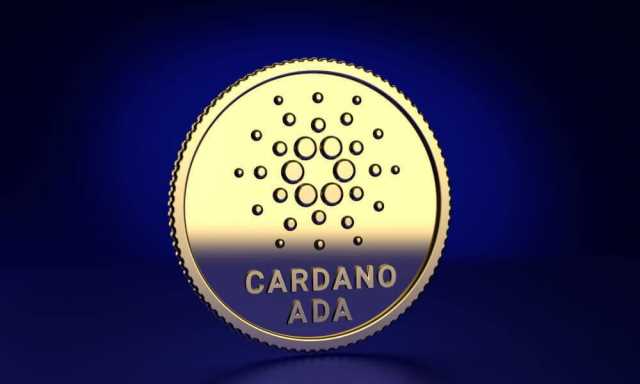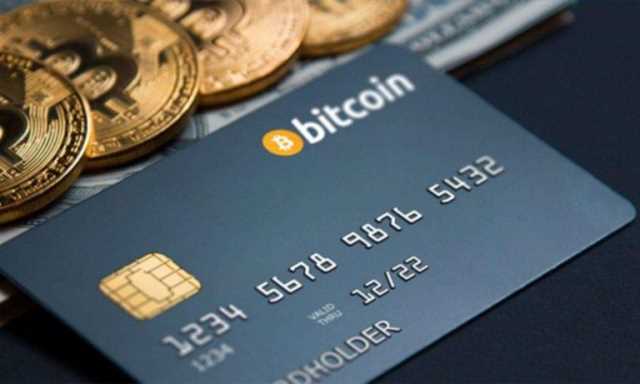
Below, we detail everything you need to know about blockchain technology. We explain how it works, its importance, and its multitude of applications. Whether you are an early adopter, investor, or curious person, we outline the fundamentals of this impactful digital technology. Governments and regulators are still figuring out how to treat it. In 2022, the US Securities and Exchange Commission (SEC) charged some cryptocurrency companies with breaking securities laws.
- Banks and financial institutions are increasingly relying on it to process cross-border payments faster and with less hassle.
- You add this hash to the beginning of another document and type information into it.
- The transaction history and digital wallet addresses are attached to each event.
- Because of this distribution—and the encrypted proof that work was done—the information and history (like the transactions in cryptocurrency) are irreversible.
- You can join an existing blockchain network or work with us to create your own.
Financial Services
The immutable, or unchangeable, nature of the blockchain is where the Google Docs comparisons stop. Unlike Google Docs, no one can change what’s been entered into the blockchain. In other words, nothing that’s already been added can be altered in any way.
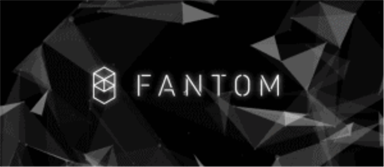
The 4 qualities of the blockchain
This is different from a standalone database or spreadsheet, where one person can make changes without oversight. With a distributed ledger that is shared among members of a network, time-wasting record reconciliations are eliminated. And to speed transactions, a set of rules that are called a smart contract can be stored on the blockchain and run automatically. All network participants have access to the distributed ledger and its immutable record of transactions. With this shared ledger, transactions are recorded only once, eliminating the duplication of effort that’s typical of traditional business networks.
Blockchain for Business
- SHA-2 returns a hash value of 256-bits and is considered to be significantly more secure than MD5.
- The Bitcoin network is a public, decentralized peer-to-peer payment network that allows users to send and receive bitcoins without a bank getting involved.
- – The fact that all data stored within blockchains are immutable has game-changing security implications.
- Blockchain is a system of recording information in a way that makes it difficult or impossible to change, hack, or cheat the system.
- IBM convened networks that make onboarding easy as you join others in transforming the food supply, supply chains, trade finance, financial services, insurance, and media and advertising.
- Healthcare documentation is another area where you can apply blockchain technology.
- A private blockchain can be run behind a corporate firewall and even be hosted on premises.
Financial institutions operate during business hours, usually five days a week—but a blockchain works 24 hours a day, seven days a week, and 365 days a year. Blockchain does not store any of its information in a central location. Instead, the blockchain is copied and spread across What is Blockchain a network of computers. Whenever a new block is added to the blockchain, every computer on the network updates its blockchain to reflect the change. Perhaps no industry stands to benefit from integrating blockchain into its business operations more than personal banking.
Learn how it can trace when, where and how food has been grown, picked, shipped and processed — all while protecting network-participant data. With blockchain, as a member of a members-only network, you can rest assured that you are receiving accurate and timely data. And that your confidential blockchain records are shared only with network members to whom you granted access. Each additional block strengthens the verification of the previous block and hence the entire blockchain.
How Does Blockchain Work?
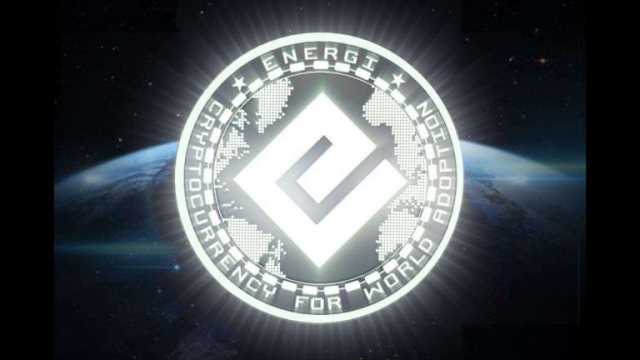
Financial institutions only operate during business hours, usually five days a week. That means if you try to deposit a check on Friday at 6 p.m., you will likely have to wait until Monday morning to see that money hit your account. Of course, the records stored in the Bitcoin blockchain (as well as most others) are encrypted. This means that only the person assigned an address can reveal their identity.
How Can Blockchain Technology Be Applied in Real Life?
Blockchain is speeding up drug discovery by sharing data more efficiently. Verifiable Credentials, for example, facilitates data sharing among researchers, potentially leading to quicker cures and treatments. As more companies realize how the blockchain can help them, they’ll commit more resources, money, and time into the technology—and even more use cases will emerge. While we understand that blockchain technology will remain a complex topic for many, it really doesn’t have to be for you. The Ethereum network is a public, decentralized peer-to-peer network.
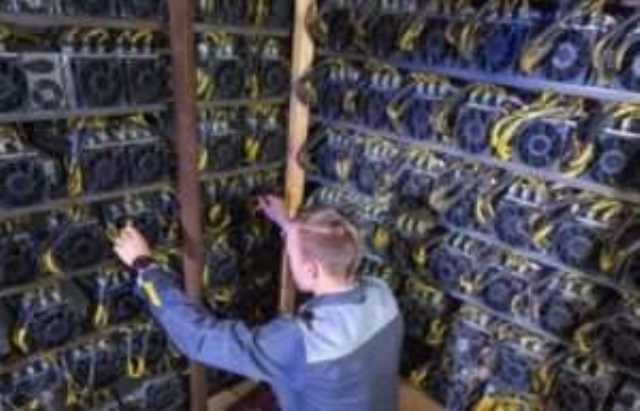
Blockchain or Scalability Trilemma: Decentralization, Security, and Scalability
On the blockchain, anyone on the network can add to the ledger while a bank merely sends out a statement. You can’t add a transaction to the bank’s ledger or perform transactions without its approval, because it’s centralized. When most people think of the blockchain, prominent technologies like Bitcoin come to mind.
